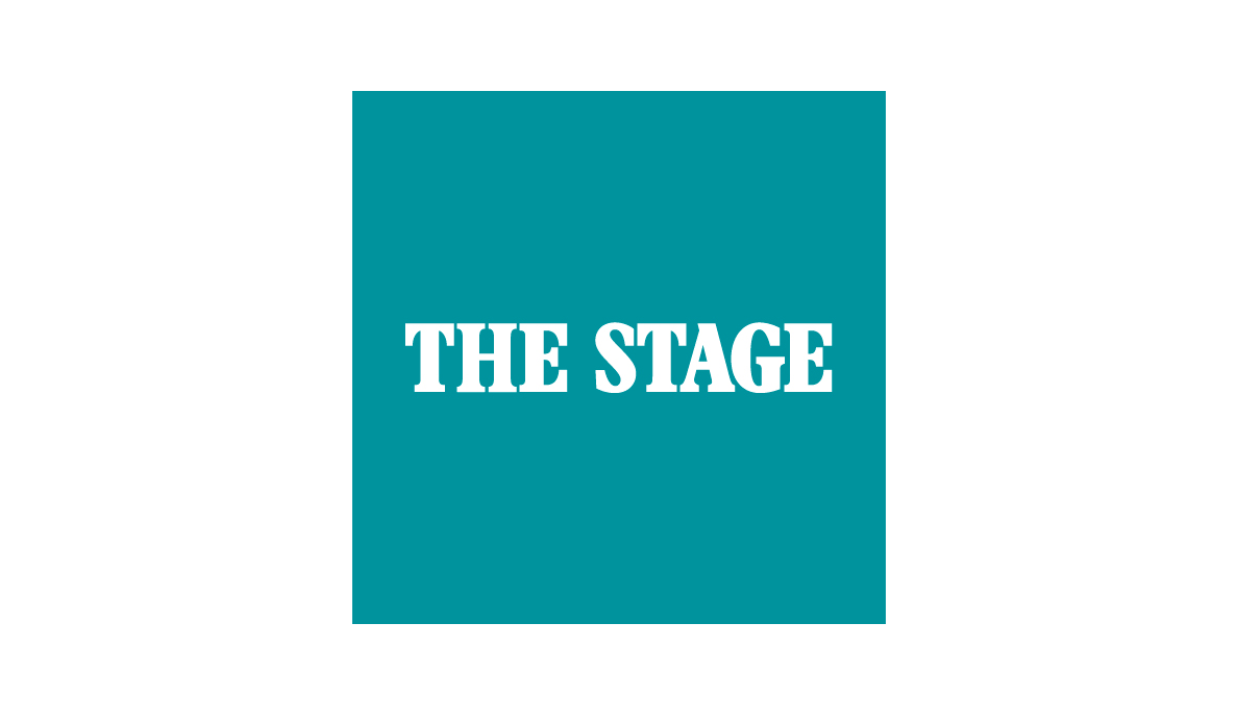Creative Access announces results of annual survey charting business & career sentiment among diverse talent & employers regarding DE&I goals
- Career optimism has shifted – majority now feeling pessimistic (was 1 in 2)
- Disabled individuals’ optimism significantly lower than average (13%)
- 2 in 3 employers admit to focusing DE&I efforts at entry-level despite need for mid to senior focus
- 1 in 4 employees are provided with no wellbeing support at work
New research from leading diversity & inclusion social enterprise Creative Access confirms a drop in optimism about career futures for individuals from under-represented groups in the creative industries, as well as a lack of robust DE&I reporting from employers and workplace wellbeing support.
The Creative Access’ Thrive Report 2024 findings come after a turbulent year for the creative industries, including TV & film’s ‘work drought’ (Bectu 2024), uneven access to sector funding (Greater London Authority 2023) and continued high cost of living. The not-for-profit’s survey finds DE&I reporting standards are not being met, insufficient focus on mid and senior-level talent and stagnant DE&I spending are critical obstacles in the way of achieving higher career optimism and progression among individuals.
Employer DE&I spending and impact
In Creative Access’ 2023 Thrive report, four in five employers acknowledged the need for a shift in DE&I focus from entry-level to all stages, however this year, most employers (66%) admit to continuing to prioritise entry-level talent.
This isn’t the only mark of a DE&I spending hold, as the survey finds:
- Only one in three employers have increased DE&I spending over the last 12 months, a significant drop from 60% the previous year.
- 41% of organisations demonstrate poor DE&I reporting practices
This is mirrored in a lack of wellbeing and mental health support from employers, with the survey revealing one in four of respondents have no access to wellbeing support at work. Factors such as working hours (19%), team dynamics (19%), and lack of focus on wellbeing (15%) were the most commonly cited reasons for work negatively impacting mental health.
Career optimism at a low for minorities
Only half of employers (51%) reported an increase in representativeness of their workforce, a fall against last year (65%). This comes as a worrying amount (41%) of employers admit to having poor or non-existent DE&I reporting practices, and has resulted in a drop year-on-year in career optimism from (51% to 46% overall), with disabled individuals experiencing one of the lowest rates of career optimism (30%). Over a quarter of those from lower socio-economic backgrounds said finances were the greatest barrier to their career progression, (11% higher than the average).
Freelancers, representing a third of the workforce, are facing acute challenges with 48% reporting a decrease in work volume this year. The precarious nature of freelance work, especially in the current economic climate, makes professionals from under-represented backgrounds particularly vulnerable (Creative Access Freelancers in the Creative Economy 2023).
For individuals from Black, Asian and ethnically diverse backgrounds, there appears to be a career ceiling, citing the biggest barrier to progression as organisation structure (36%), whereas those who identify as disabled (26%) and from lower SES backgrounds (20%) ranked location as their greatest barrier to progression.
The sector snapshot
The data highlights a crisis in the PR sector, where employees are the least impressed with their organisation’s DE&I progress (59%) and report the lowest levels of working in an inclusive and supportive environment (54% versus the average 64%).
It’s in the TV and film industry, however, that optimism levels among individuals were reported to be the lowest; with only 32% of workers feeling optimistic about their future in the sector (versus the average 46%).
Creative Access’ progress and impact
Recipients of Creative Access’ services appear to be somewhat protected from the wider destabilising effects of industry-wide issues due to the support and opportunities that Creative Access provides. 61% of individuals in receipt of Creative Access services have reported achieving career progression in the last year, versus 37% of those not in receipt of services.
Respondents from lower socio-economic (SES) backgrounds also reported a severe gap in access to contacts & networks to progress their career (56% in receipt of services versus 13% not in receipt of services). Meanwhile 82% of organisations attributed progress against their DE&I goals to working with Creative Access.
Read the report: Thrive 2024: Development in DE&I
Josie Dobrin, co-founder & executive chair, Creative Access:
“The creative industries are at a critical juncture in their DE&I efforts. Despite intentions to expand support beyond entry-level roles, data tells a different story, leading to decreased career optimism, especially among individuals with disabilities and freelancers facing a shrinking market.
To foster true inclusivity bold actions are needed at all talent stages, including tailored career development programs, mid-level positive action traineeships, and elevating under-represented mid and senior-level employees.
The industry must shift from intentions to decisive action. By adopting comprehensive DE&I strategies, organisations can enhance career optimism and enrich the creative landscape. The time to act is now for a more vibrant and inclusive industry.”




